
views
New York: Google on Thursday won dismissal of a long-running lawsuit by authors who accused the Internet search company of digitally copying millions of books for an online library without permission.
US Circuit Judge Denny Chin in Manhattan accepted Google's argument that its scanning of more than 20 million books, and making "snippets" of text available online, constituted "fair use" under US copyright law.
The decision, if it survives an expected appeal, would let Google continue expanding the library, which it said helps readers find books they might not otherwise locate.
It is also turning point for litigation that began in 2005, when authors and publishers sued. Google has estimated it could owe more than $3 billion if the Authors Guild, an advocacy group that demanded $750 for each scanned book, prevailed.
"This is a big win for Google, and it blesses other search results that Google displays, such as news or images," said James Grimmelmann, a University of Maryland intellectual property law professor who has followed the case.
"It is also a good ruling for libraries and researchers, because the opinion recognises the public benefit of making books available," he added.
Chin wrote that the scanning makes it easier for students, teachers, researchers and the public to find books, while maintaining "respectful consideration" for authors' rights.
He also said Google's digitisation was "transformative," meaning it gave the books a new purpose or character, and could be expected to boost rather than reduce book sales.
The judge noted that Google takes steps to keep people from viewing complete copies of books online, including by keeping some snippets from being shown.
"In my view, Google Books provide significant public benefits," Chin wrote. "Indeed, all society benefits."
Authors guild plans to appeal
Paul Aiken, executive director of the Authors Guild, said the group is disappointed in the decision and plans to appeal.
"Google made unauthorised digital editions of nearly all of the world's valuable copyright-protected literature and profits from displaying those works," Aiken said. "Such mass digitization and exploitation far exceeds the bounds of the fair use defence."
Among the three individual plaintiffs is former New York Yankees baseball pitcher Jim Bouton, who wrote the memoir "Ball Four."
Google welcomed the decision.
"This has been a long road and we are absolutely delighted with today's judgment," the Mountain View, California-based company said in a statement. "As we have long said, Google Books is in compliance with copyright law and acts like a card catalogue for the digital age."
Google began creating the library after the company agreed in 2004 with several major research libraries to digitise current and out-of-print works.
Among the libraries that have had works scanned are Harvard University, Oxford University, Stanford University, the University of California, the University of Michigan and the New York Public Library.
Chin said the scanning has given "new life" to "out-of-print and old books that have been forgotten in the bowels of libraries."
The decision does not concern the ability of people to buy books by using Google.
Prior settlement rejected
In March 2011, Chin rejected a $125 million settlement with authors and publishers, saying it raised copyright and antitrust issues by giving Google a "de facto monopoly" to copy books en masse.
Then in May 2012, Chin said the authors could sue as a group in a class action.
But last July, the 2nd US Circuit Court of Appeals, where Chin now sits, said the judge was premature in certifying the case as a class action before evaluating the fair use defense.
Chin had overseen the Google Books case as a trial judge, and kept jurisdiction after joining the 2nd Circuit.
While publishers settled with Google last year, the company faces other litigation over digitizing content, including from groups of photographers and graphic artists.
The Authors Guild is separately appealing, on fair use grounds, an October 2012 dismissal by US District Judge Harold Baer in Manhattan of its copyright case against the HathiTrust digital library, a partnership between five major university libraries to create a shared digital repository.
Grimmelmann, the law professor, said Chin's decision, which drew on Baer's, bolsters the fair use defence for online content providers.
"As long as you are not substituting for content by showing readers all of it, and instead simply show where to find content or tell things you learn about it, this opinion means you are legally in the clear," Grimmelmann said.
The case is Authors Guild Inc et al v. Google Inc, US District Court, Southern District of New York, No. 05-08136.











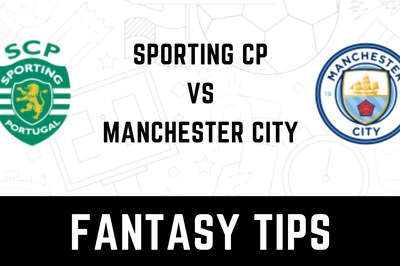
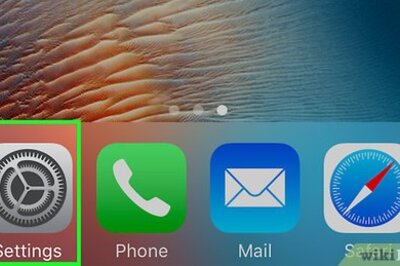

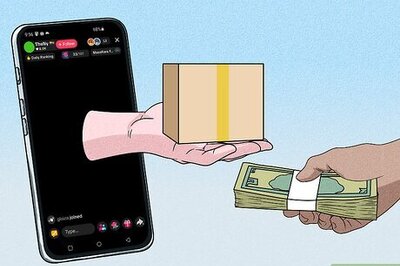

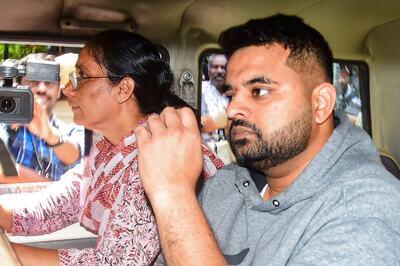


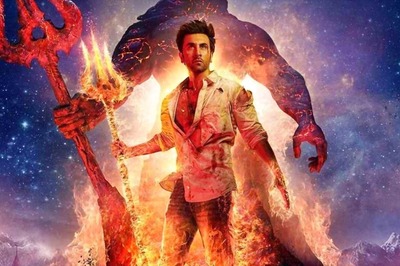
Comments
0 comment